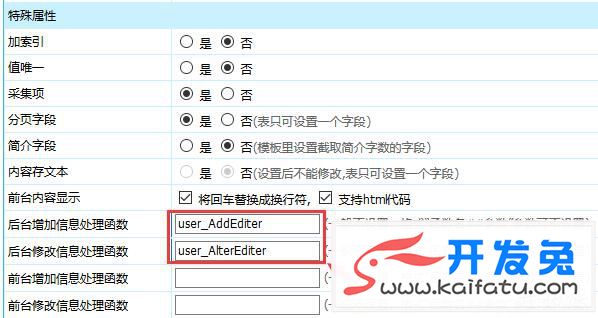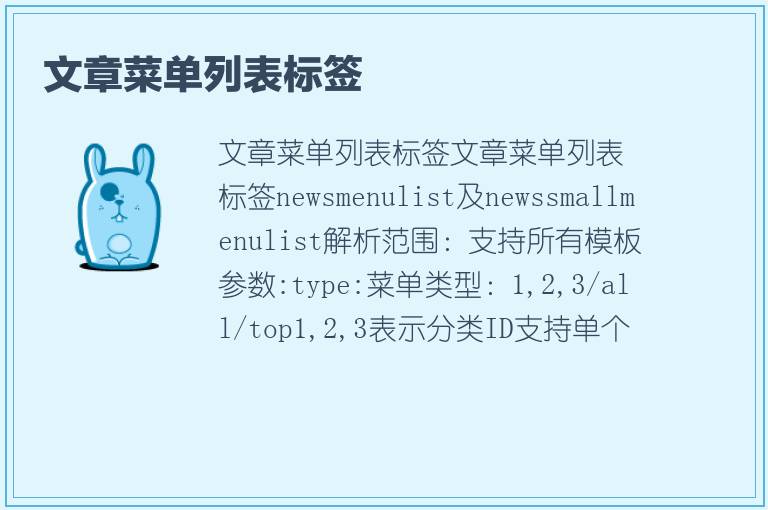1.如果是列表页使用以下代码:
- [field:id runphp='yes']
- global $cfg_cmspath;
- $tags = GetTags(@me);
- $revalue = '';
- $tags = explode(',', $tags);
- foreach($tags as $key => $value){
- if($value){
- $revalue .= '<a href="'.$cfg_cmspath.'/tags.php?/'.$value.'/">'.$value.'</a> ';
- }
- }
- @me = $revalue;
- [/field:id]
2.如果是内容页使用以下代码:
- {dede:field.id runphp='yes'}
- global $cfg_cmspath;
- $tags = GetTags(@me);
- $revalue = '';
- $tags = explode(',', $tags);
- foreach($tags as $key => $value){
- if($value){
- $revalue .= '<a href="'.$cfg_cmspath.'/tags.php?/'.$value.'/">'.$value.'</a>, ';
- }
- }
- @me = $revalue;
- {/dede:field.id}
代码解释
其实这里就只是运用到了三个知识点:
1.使用自带的GetTags函数获取文档对应的TAG列表;
2.将获取到的值以半角符号的逗号(,)为标准拆分为数组;
3.循环数组元素,将其对应的值输出并加上链接;
同时,为了更好的兼容,也用 global $cfg_cmspath;方法加载了系统基本参数里中的程序安装目录,用于在附加链接时自动兼容安装到子目录的站点。








